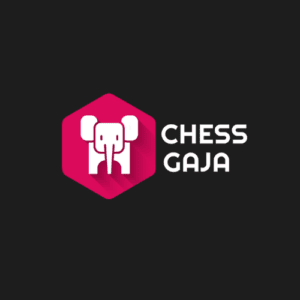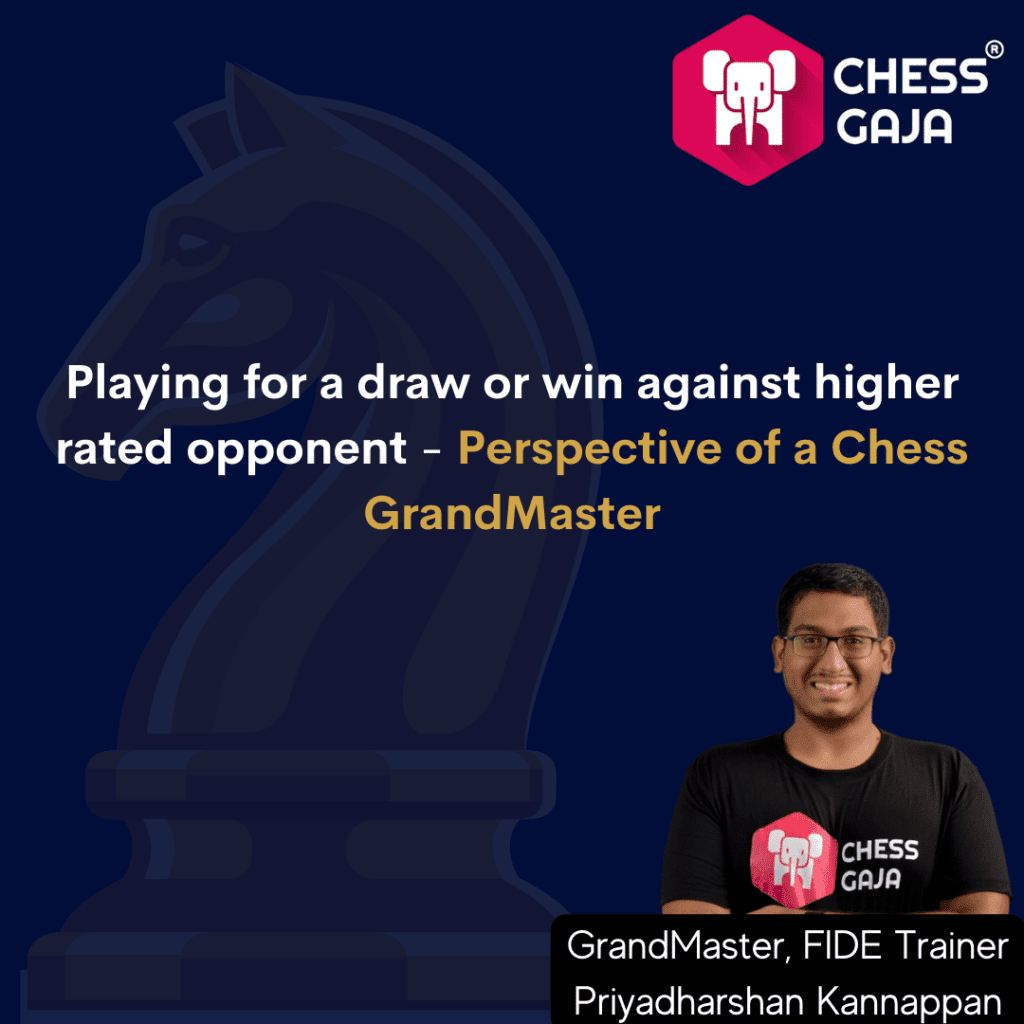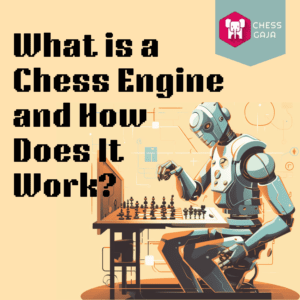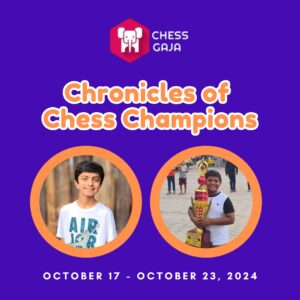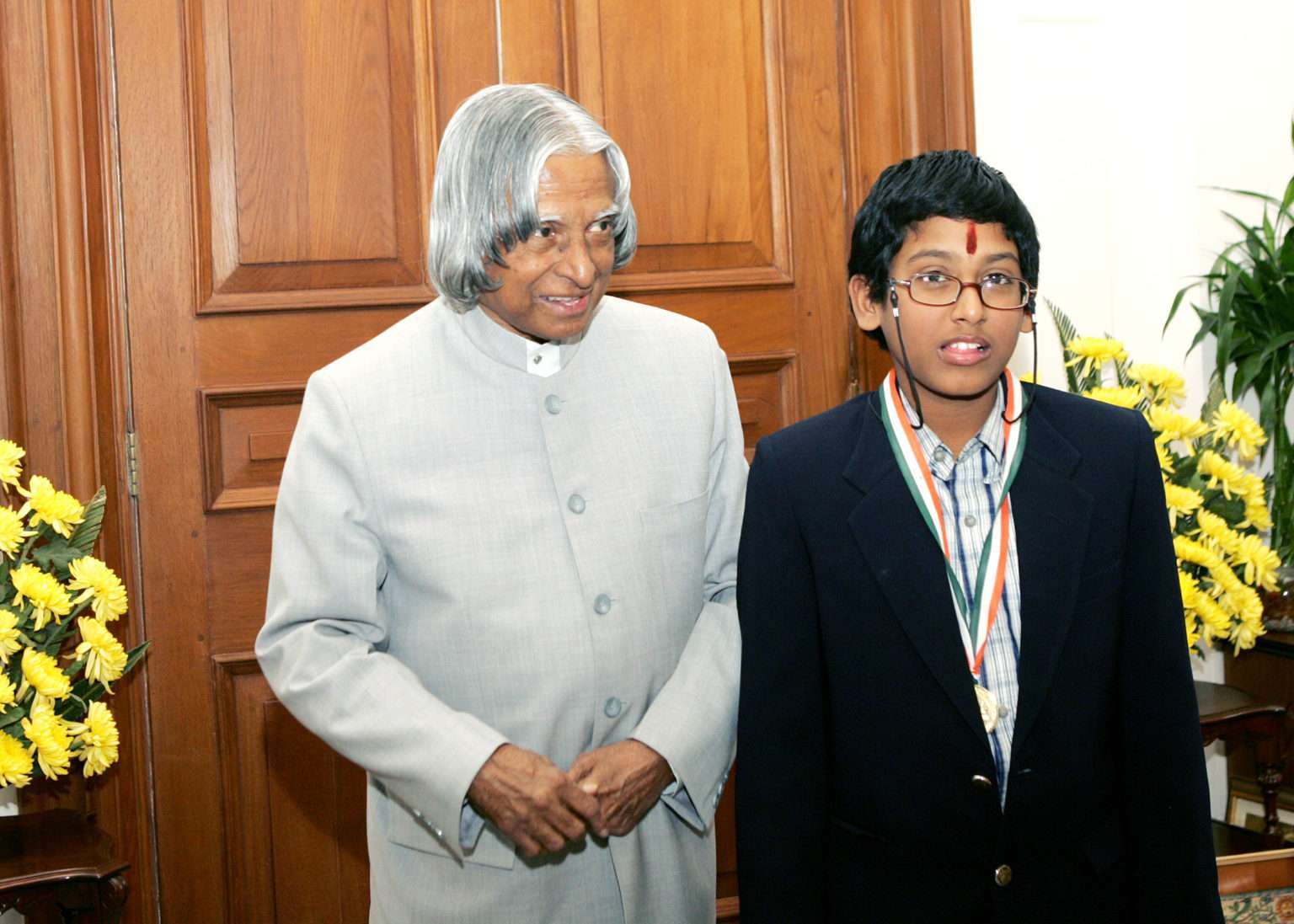As a chess player, when facing a higher-rated opponent, should you take risks or play it safe? This question sparked a vibrant debate among my group of students, including some of the most gifted young minds from the United States. It also led me to contemplate my own experiences and opinions on the matter.
Before I delve into my perspective, what approach would you take in such situations? Do you typically have a strategy in mind, or do you decide based on the tournament circumstances? Or do you have no specific plan at all?
My experience as a player
This led me to reflect on my own experiences as a chess player. In hindsight, I noticed that whenever I adopted a cautious approach, I consistently finished in the top 10, but I never won a national championship. Playing it safe became a defining characteristic of my playing style, and I often prioritized avoiding risks and overtaking opportunities.
However, the question remains: should I recommend this same approach to my students?
My experience as a trainer
Based on my observations, I have noticed that young chess players who take more calculated risks achieve better results than those who prioritize consistency. While I do not possess statistical evidence to support my claim, I believe that developing a fighting spirit can be advantageous. When you adopt an aggressive mindset, your opponents may become intimidated, and as a result, they might offer you more opportunities to capitalize on.
Additionally, even when facing a disadvantage, your opponents may become more cautious and opt for a draw instead of pressing their advantage.
How do young players lose the aggressive trait?
Junior chess players are inherently inclined to take risks, but often, they lose this trait because of external pressures from parents, coaches, or peers.
Parents, in particular, may respond negatively when their children lose a game, instilling a fear of failure in their minds. As a result, these young players may become content with settling for a draw in any position, rather than taking calculated risks.
Similarly, coaches may react poorly to their students’ losses, and peers may ridicule or make fun of players who lose. Such negative experiences can undermine young players’ confidence and lead them to suppress their natural aggressiveness.
Is it possible to adjust the playing style as you become a better player?
In the game of chess, it is generally easier for an aggressive player to develop into a balanced, well-rounded player than it is for a positional player to develop aggressiveness over the long term.
Aggression is not just a matter of playing certain moves; it requires a distinct mindset that can be difficult to cultivate. Learning positional play is primarily a technical matter, involving the acquisition of specific skills and knowledge.
Therefore, while it is certainly possible for a positional player to become more aggressive, it typically requires a significant shift in their approach to the game, which can be more challenging than developing a more balanced playing style.
I want to end my blog with a video by Magnus Carlsen on a similar topic – https://youtu.be/WtRu8bRJLP0
Summary
Junior players should play their natural game and not curtail their natural aggressive traits. Parents and the player support system should create an environment that encourages taking risks and playing the natural game, even if it means losing.
P.S – If you haven’t subscribed to the Offerspill Chess Club YouTube Channel, you should subscribe, as it has some amazing chess content.
If you found this blog helpful, share it with your friends!
Wishing you the best in your chess improvement journey!
GrandMaster and FIDE Trainer Priyadharshan Kannappan

